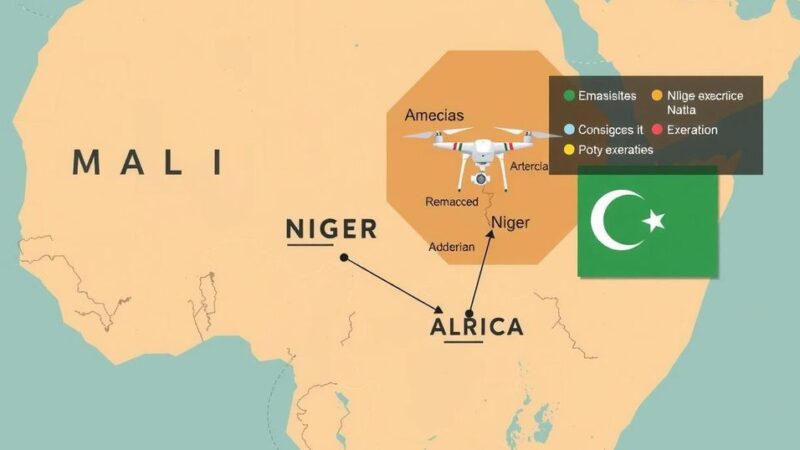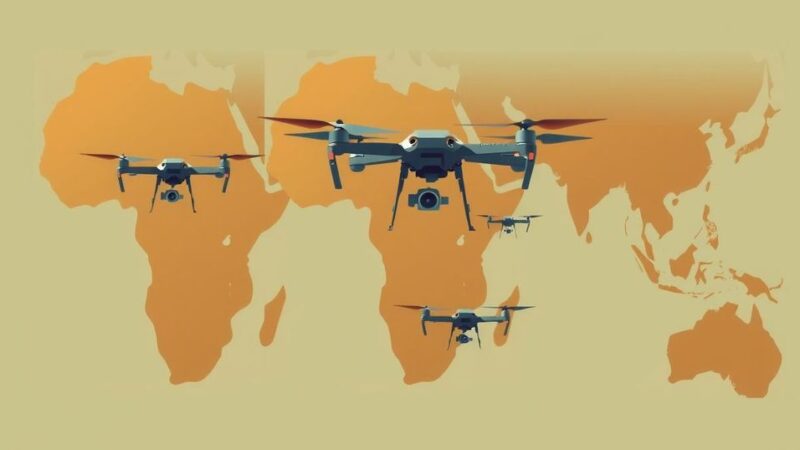Brazil has decided to schedule world leaders’ speeches prior to COP30 negotiations to ease logistics in Belém, scheduled for November 6 and 7. This marks a departure from previous traditions, with mixed reactions from climate advocates regarding the potential impacts on negotiations. The conference’s location in the Amazon raises logistical concerns, yet is defended by officials for its symbolic value in climate action.
Brazil has announced that world leaders will deliver their speeches ahead of the COP30 climate negotiations, scheduled to begin on November 10. This adjustment will occur on November 6 and 7, allowing for improved logistics in the Amazon city of Belém, which is hosting the event. This decision aims to alleviate pressures on hotels and transport facilities, enabling a more organized atmosphere for the official opening of the conference.
Valter Correia, the extraordinary secretary for COP30, highlighted that moving the summit forward would allow deeper reflections without the logistical burdens usually faced at the start of negotiations. The shift marks a notable deviation from the tradition where leaders typically spoke within the first few days of the conference, a practice observed since COP21 in Paris in 2015.
Opinions regarding this decision are mixed among climate campaigners. Natalie Unterstell from the Talanoa Institute expressed concerns, noting that holding the leaders’ summit before the negotiations might reduce media attention and diminish the pressure on negotiators. She likened the situation to an opening act overshadowed by the main show, which could lead to less impactful discussions among leaders.
Conversely, Alden Meyer of E3G considered the change pragmatic, asserting that it maintains political momentum while transitioning the focus from negotiations to actionable climate strategies. He emphasized that security arrangements around world leaders would remain intact, alleviating fears of reduced access for climate lobbyists.
COP30 will be held for the first time in Belém, a city cited for its significance given the relationship between forests and carbon emissions. Despite apprehensions regarding Belém’s capacity to accommodate numerous delegates, COP30 president André Aranha Corrêa Do Lago defended the choice to host in the Amazon, stressing the region’s pivotal role in combating climate change.
Concerns regarding security and infrastructure have surfaced, with reports from delegations expressing doubts about accessibility. In response, Corrêa Do Lago acknowledged the challenges while asserting the importance of symbolic significance. The Brazilian government has committed to enhancing accommodations, aiming to provide 26,000 additional beds through various means, including river cruise boats and rental properties.
Nonetheless, infrastructure enhancements have drawn scrutiny, particularly the construction of a new highway through protected lands near Belém, which threatens local communities and ecosystems. The Brazilian government has denied that this project is related to COP30 infrastructure plans, prompting ongoing debates about the environmental impacts of preparations.
In summary, Brazil’s decision to hold world leaders’ speeches before the COP30 negotiations aims to alleviate logistical challenges in hosting the conference in Belém. While some climate advocates fear this may dilute the influence of leaders on negotiations, others believe it could promote actionable commitments. Despite logistical concerns regarding Belém’s readiness, the Brazilian government is undertaking measures to accommodate the influx of delegates. Furthermore, controversies surrounding infrastructure projects and their environmental implications continue to arise, underscoring the complexities of organizing such a high-stakes event.
Original Source: www.climatechangenews.com






